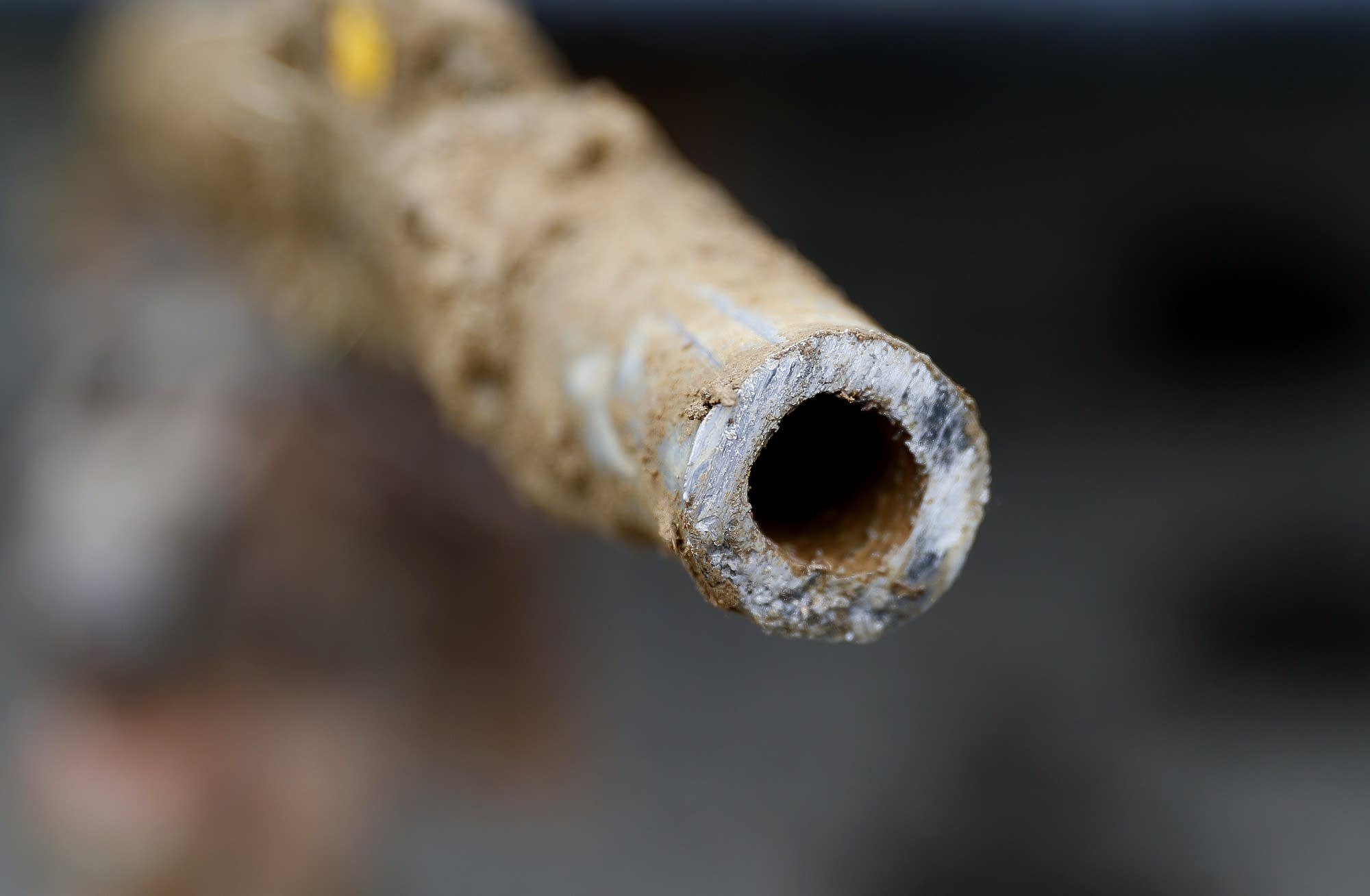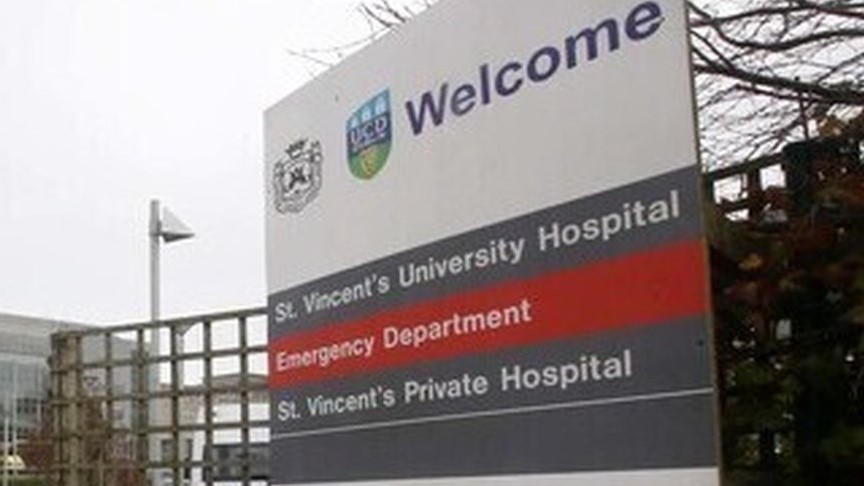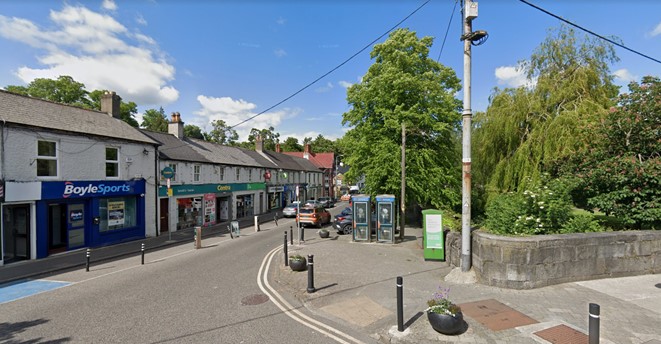Removal of lead piping in Dublin homes needs quicken up, says Sinn Fein
Gary Ibbotson 07 Jul 2021
The Government must do more to replace lead water piping in thousands of Dublin homes, says Sinn Fein TD Dessie Ellis.
Deputy Ellis, who is a TD for Dublin North West, spoke in the Dail last week about the health risks that water which travels through lead pipes can cause.
“Lead is a very toxic heavy metal and is detrimental to human health, in particular, the health of young children.
“The risk to health is especially grievous where quantities of lead contained in water supplies are consumed over a long period, even if the lead present is at very low concentrations,” he said.
“It has been shown that consumption of lead can affect the brain development of children. Infants and babies in the womb are most at risk from lead contamination as children and infants absorb more lead than adults.
“Studies have shown that the toxic effects from the consumption of lead over time can lead to kidney damage and it has also been linked to cancer.”
Deputy Ellis said that both the HSE and EPA “have indicated that no amount of lead in drinking water, no matter how small, can be considered to be completely safe.”
He says that although water produced by the state for the consumption of the public is lead-free, many houses which were built before 1980 may still have internal piping which is made of lead.
“This is especially true for some older homes and buildings, particularly in Dublin, where some pipes in older houses date back to Victorian times,” he says.
“It was the practice for many years to use lead pipes in service connections, which are the pipes running from the public mains to houses.
“Such lead pipes were routinely used in the plumbing of homes up until the mid-1970s.
“Many of the larger estates, such as those in my constituency of Dublin North-West, were built back in the 1950s and 1960s.
“The issue of lead piping has scarcely been addressed in these estates.
“Lead leaching from such connections into the drinking water of these houses clearly poses a health risk to the residents.”
Irish Water has estimated that approximately 180,000 homes have been affected.
“That means possibly in the region of 500,000 people are living in these houses,” says Deputy Ellis.
“Of this number, approximately 40,000 are thought to have shared backyard common service pipes, which Irish Water said it would take on the responsibility of replacing.”
In 2016, the Government launched which offers low-income households funding to replace internal lead pipes.
However, the uptake on this grant has been poor.
Deputy Ellis says that the Government needs to be more proactive in its approach.
“According to the EPA, the only realistic resolution to this health problem is to replace the lead piping in total and this should be done as soon as possible.
“Irish Water developed a national plan to address the issue and allocated €370 million to be spent over ten years in replacing lead pipes in the public water supply.
“These moneys did not include replacing pipes under the front gardens or in houses.
“Homeowners were deemed to be responsible for such works and some homeowners could avail of a means-tested grant to assist in the cost of replacing these pipes.”
In response, Minister of State for Local Government and Planning admitted that “it is fair to say the uptake on the scheme has been poor to date,” which has slowed down the removal of lead piping from the network.
However, Minster Burke said “it is vital to note, that lead in drinking water can come from both private-side pipes and from the public network, which is the responsibility of Irish Water.
“Significant progress is being made in addressing the public-side network, including networks in housing estates, both council or where taken in charge.
He said that Irish Water has removed and replaced 36,000 lead connections to date.
“Under current funding arrangements, Irish Water will be targeting the replacement of a further 54,000 public-side lead services between now and 2030.
“This would bring the total number of public-side lead services replaced to almost 90,000.”
However, Deputy Ellis says that more needs to be done to quicken up the removal of the piping.
“Many people living in these houses are on pensions and have very little money.
“They bought their own houses from the local authorities.
“A scheme is in place but there is not enough awareness and not enough take-up.
“I am glad, therefore, to hear the Minister of State say there will be a study to see how we can speed up that process.
“He mentioned that so many houses would be done by 2030, but that is not enough.
“The scale of the problem is very big.
“It is a real worry that we do not have enough incentives and proper awareness.
“We should be going out more to people and letting them know a scheme is in place which they can avail of.
“In some cases, it is quite expensive for those who have earnings.
“That is another issue we must address. We need viable solutions.
“We really need to address the whole idea of funding and how to fund this even more and much faster into the future.”











